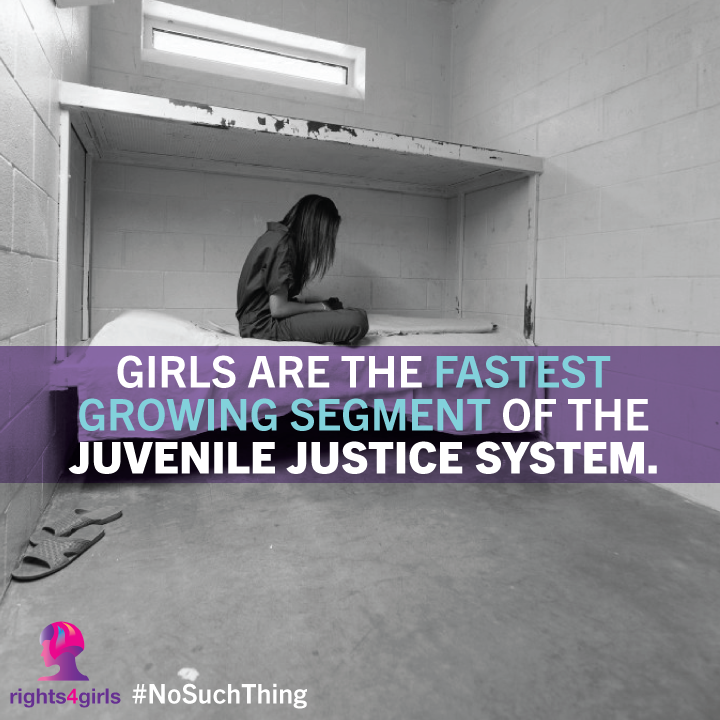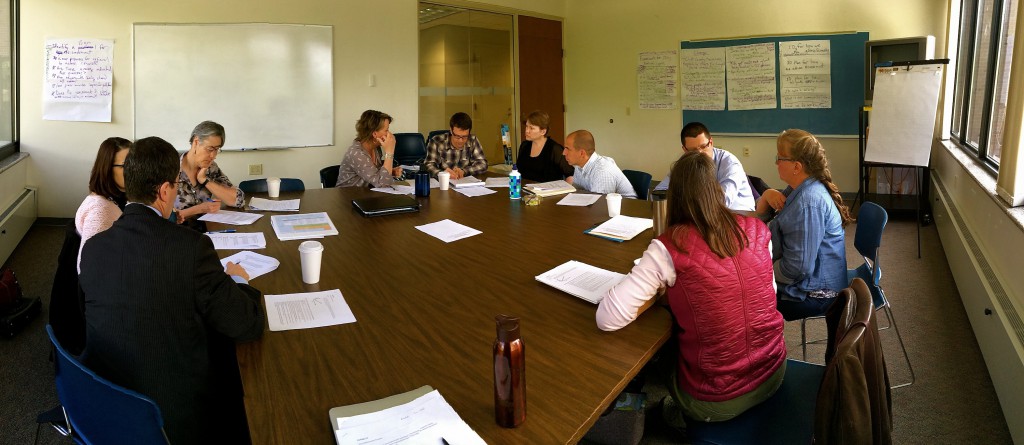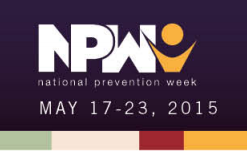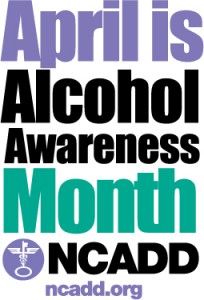Though alcohol and marijuana top the charts as the two most-abused substances by young people, synthetic drugs—the highly-addictive and highly-threatening substances—are still popular and easily accessible.
Two Webinars Addressing Synthetic Drugs
Beginning April 8, the Office of National Drug Control Policy will host two webinars to discuss the dangers of synthetic cannabinoids (“Spice”) and cathinones (“Bath Salts”), and to provide details on Federal and local efforts to confront these threats. The first webinar, featuring representatives from the National Institute on Drug Abuse (NIDA) and the Drug Enforcement Administration, will introduce these substances, and share insight into the manufacturing, distribution and health risks associated with synthetic drugs. It will also explain the Federal regulatory provisions and enforcement actions. The webinar will take place on Thursday, April 8, from 1-2 p.m. ET. To register, click here.
The second webinar, taking place later this month, will highlight case studies that demonstrate successful community initiatives to prevent use and distribution of synthetic drugs. Watch for details on the second webinar in the next issue of ONDCP’s E-Newsletter Update. Sign up here.
Some Good News: Usage is Declining
According to the National Institute on Drug Abuse, use of spice products (sometimes called “synthetic marijuana”) is declining, with 5.8 percent of 12th graders using the substance in 2014, compared to 7.9 percent in 2013 and 11.3 percent in 2012. And, less than one percent of 8th, 10th and 12th graders combined use cathinones (“Bath Salts”), which have been reported to result in sometimes violent behavior and even death.

It’s easy to see these low percentages and think that these synthetic drugs aren’t cause for concern, but in fact the impact of these scarcer drugs can have greater negative impacts on young people’s futures. Webinars like this ONDCP series are instrumental in informing mental health and juvenile justice professionals on the latest medical information related to new drugs, which can inform treatment programs on how to adapt to best serve youth.
To register for this webinar, click here.


 Every week Reclaiming Futures rounds up the latest news on juvenile justice reform, adolescent substance abuse treatment, and teen mental health.
Every week Reclaiming Futures rounds up the latest news on juvenile justice reform, adolescent substance abuse treatment, and teen mental health. 

 This week is
This week is 
 Addiction to alcohol and other drugs impacts more than 85 million Americans. This growing problem has sparked a coast-to-coast addiction and recovery awareness campaign:
Addiction to alcohol and other drugs impacts more than 85 million Americans. This growing problem has sparked a coast-to-coast addiction and recovery awareness campaign:  There are
There are 